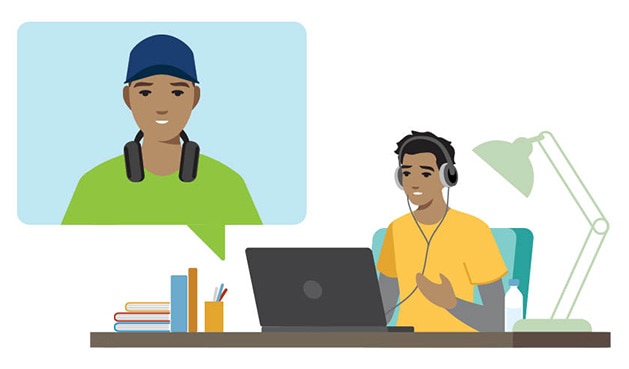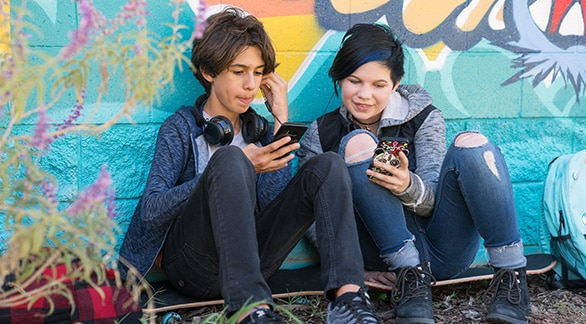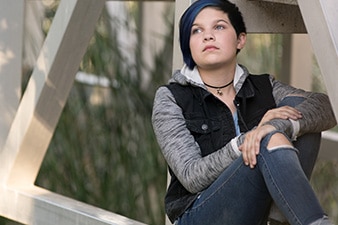Footnotes
- Youth Risk Behavior Survey Data Summary & Trends Report, 2011–2021, Centers for Disease Control and Prevention, 2023. Continue at 1
- Daniel G. Whitney, PhD, and Mark D. Peterson, PhD, “U.S. National and State-Level Prevalence of Mental Health Disorders and Disparities of Mental Health Care Use in Children,” JAMA Pediatrics , 2019. Continue at 2
- If you believe you have an emergency medical condition, call 911 or go to the nearest hospital. For the complete definition of an emergency medical condition, please refer to your Evidence of Coverage or other coverage documents. Continue at 3
- To get some mental health and addiction care services, Medi-Cal members may need a referral to the county mental health plan. Continue at 4
- Some members may have to pay a fee for certain classes. Continue at 5











